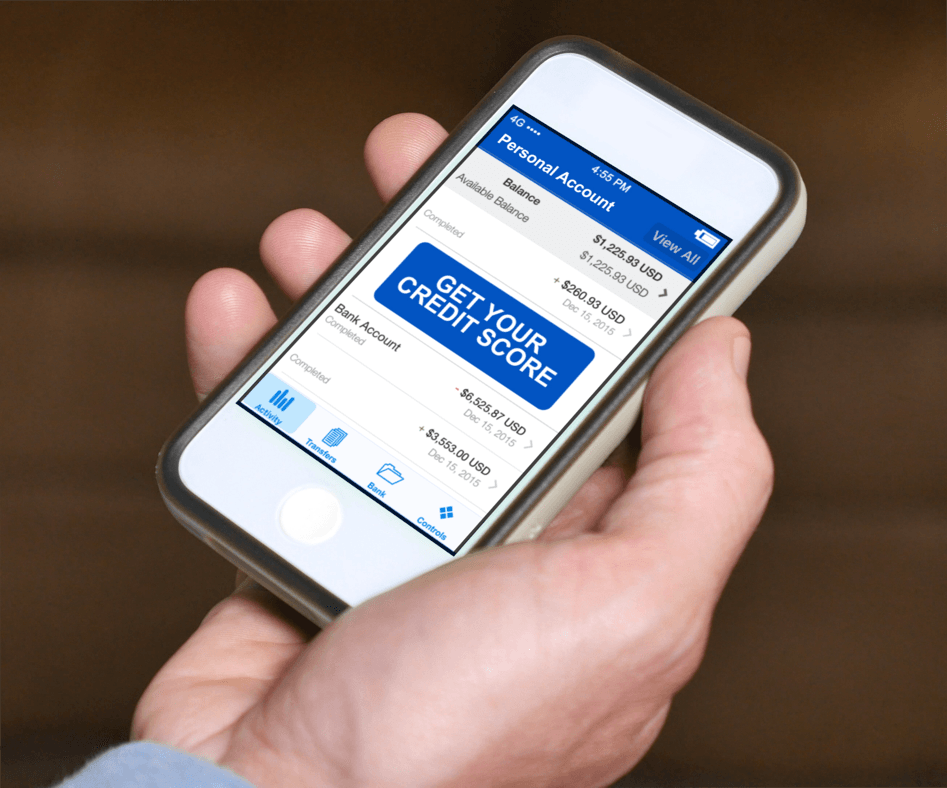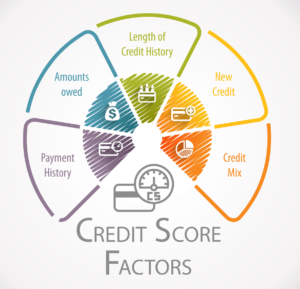
When you’re planning to buy a home, it’s not just your finances you have to watch. Your credit score also plays a big role in whether you can get a mortgage and how much you will pay. This is because lenders want to verify two things: you can afford the mortgage and that you’ll pay on time. Here’s how your credit affects getting a mortgage and what you can do before applying for a home loan.
What Is a Credit Score?
Your credit score is basically a way to measure your financial health and responsibility. This number gives lenders a good idea of how well you have managed your money and debt. In Canada, two credit reporting agencies – TransUnion and Equifax – track consumer information. Both companies keep track of the information they receive from companies that lend money or issue credit cards, including credit limits, balances, and late payments.
 Each agency uses its own formula to calculate a credit score. In general, your score will be based on these factors:
Each agency uses its own formula to calculate a credit score. In general, your score will be based on these factors:
- Payment history, including whether you have past due accounts, missed payments, bankruptcy, or charged-off debts.
- Credit utilization, or how much debt you have compared to your available credit.
- Credit history, or how long you have had credit.
- New inquiries. Applying for new credit can hurt your credit score, especially if the requests were recent.
- Credit types. Aim for a healthy mix of credit, which may include a car loan, credit card, and line of credit.
Credit scores range from less than 500 to 780 or higher. As a general rule, you will qualify for the best mortgage options and rates with a credit score higher than 700. A score below 680 shows that you may have mismanaged credit in some way or needs further investigation. This makes you a higher risk for a lender and it will likely be offset by a higher mortgage rate. The average score in Canada is around 650, which is still high enough to get a mortgage.
If you have “bad credit”, which is under 600, it’s still possible to get a mortgage, but it will be more difficult. Expect to put down a down payment of at least 20% and pay a higher mortgage rate.
Many people may be surprised to see their credit score is low since it could be due to a lack of any credit history at all. Getting your first credit card is actually a good idea in this case, as long as you’re able to use it and pay it off regularly.
How Your Credit Impacts Your Mortgage
When you apply for a mortgage, your lender will consider many aspects of your credit history. This is because your past use of credit is one of the best indicators of your future behaviour. While your credit score is important, it’s not all that matters. The lender will also consider:
- Your payment history
- Unpaid debts
- Number of open accounts
- Age of your accounts
- Total debt load
- Debt-to-income ratio, or how much of your income goes toward paying debt
- Credit utilization, or the amount of your available credit that you have used
- Types of debt
- Your down payment
- Your income and assets
How to Improve Your Credit Score
It’s hard to improve your credit if you don’t know what’s on your credit report. You can request a free copy of your reports from TransUnion and Equifax Canada once a year to review your credit reports for errors. It’s a good idea to check your credit reports about 6 months before applying for a mortgage to correct any problems you find. If you find mistakes on your reports, you can dispute them with the credit agencies.
reports for errors. It’s a good idea to check your credit reports about 6 months before applying for a mortgage to correct any problems you find. If you find mistakes on your reports, you can dispute them with the credit agencies.
Here are some other ways to boost your credit score ahead of getting a mortgage.
- Use credit regularly. While you do not want to carry a balance or accumulate debt, it’s still a good idea to use your credit regularly to establish a pattern of responsible use. You can use your credit card to make small purchases every week and pay off your balance in full each month.
- Be careful with your credit utilization. Keep your credit utilization below 35%. This means you should never charge more than one-third of your limit on any one card or use more than 35% of your available credit across all cards.
- Pay down balances. Just as you want to avoid charges that exceed 35% of your limit, you should also pay down your balances if they exceed 35% of your credit limit. Paying down debt is one of the fastest and most effective ways to improve your credit score.
- Don’t apply for new credit. If you know you will be applying for a mortgage in the near future, avoid applying for a new credit card or loan. Too many credit inquiries within a short period of time can raise a red flag and indicate you’re having financial troubles.
- Pay on time. Make sure all bills are paid on time. Try to pay bills in full, but at least make the minimum monthly payment before the due date.
- Do not close accounts. Closing unused accounts before getting a mortgage can have an unintended effect: it can lower your credit score. This is because closing an account can reduce the average age of your credit history and reduce your available credit.
Your credit is an important factor when you buy a home, but it’s not the only thing that matters. Your lender will consider your overall financial situation, including your employment, down payment, and savings, to assess your risk.
If you aren’t confident you can get approved or get a good rate, improving your credit score is possible with effort. Commit at least six months to rebuild your credit score with responsible credit use to help you reach your goal of homeownership!
As you continue to navigate your mortgage journey, our other posts can offer you advice on:




